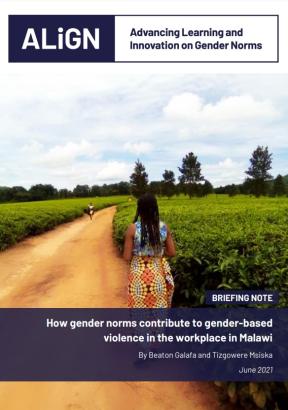- Briefing paper
- 25 August 2021
Are Zimbabwe’s local authorities safe spaces for female councillors?
- Published by: ALIGN, Social Healing and Accountability Research
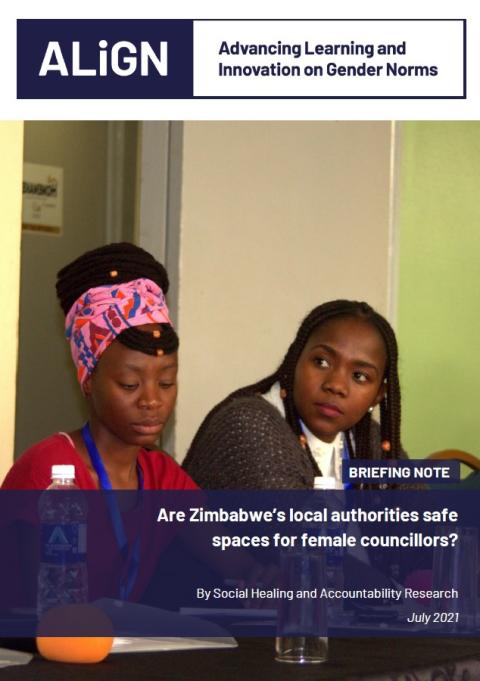
This study, conducted by Social Healing and Accountability Research (SHARE), an independent research centre in Zimbabwe explores the relationship between the introduction of the quota system meant to increase the number of female local councillors in Zimbabwe, and incidence of gender-based violence (GBV) in local council. The brief aims to increase the understanding of how gender norms may contribute to GBV in local government.
Patriarchal norms continue to shape women’s lives in Zimbabwe, with GBV seen as confirmation of men’s prevalence and power. SHARE’s research assesses women’s exposure to GBV within the local government work context and proposes policy recommendations to ensure that female councillors are adequately protected and given an opportunity to inspire other women to participate actively in local government. The study drew on both quantitative and qualitative data from a small sample (25) of mostly female councillors in both urban and rural municipalities.
The policies of both government and political parties encourage the participation of female candidates in national and local government elections (the quota system). This has increased the number of female candidates for council elections and increased their participation in councils, even if only by around 14%. Consistent with prior studies on the subject, this study finds that most of the female councillors surveyed in Zimbabwe have been affected by GBV. Sexual harassment was the most common form of GBV experienced by female councillors in local government, with senior staff identified as the main perpetrators. Discriminatory social norms result in men seeing women as sexual objects rather than peers, and women are generally socialised to defer to men.
While there are safeguarding policies for both Zimbabwe’s political parties and local authorities, these are not implemented which has resulted in weak accountability mechanisms. As a result, the quota system has been less effective in empowering women than anticipated. There is a need to work to promote a shift in the mindset of men who hold power to genuinely support, empower and protect women, so that they can occupy their rightful space in local governance.
This report is an output from the second round of ALIGN's micro-granting facility which provides organisations based in low- and middle-income countries with grants for research and learning. See more about this round of funding.
- Countries / Regions:
- Zimbabwe
Related resources
2 November 2020
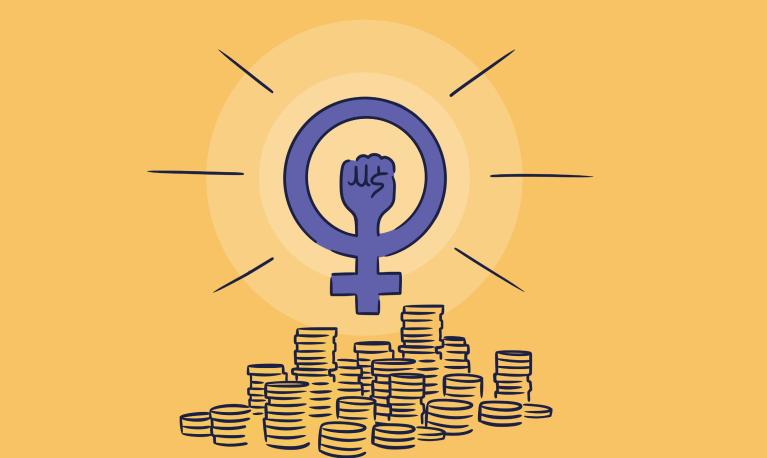
9 June 2021
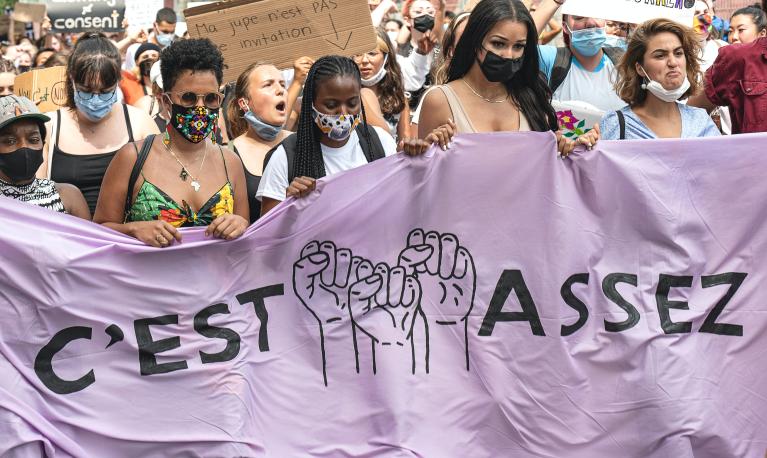
Briefing paper
25 August 2021
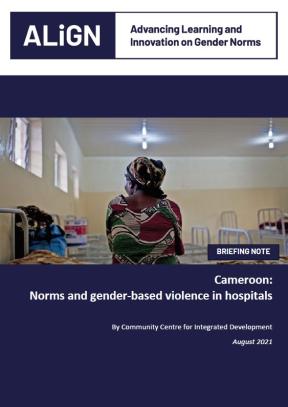
Briefing paper
19 August 2021
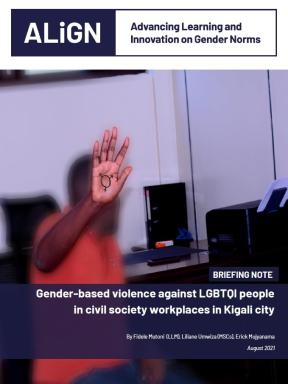
Briefing paper
22 July 2021
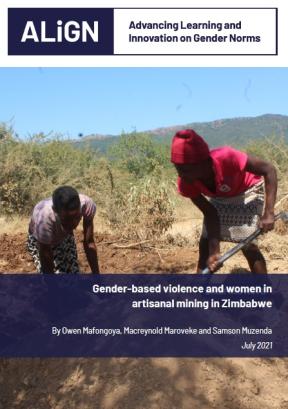
Briefing paper
12 July 2021
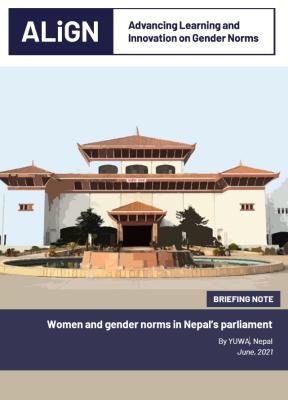
Briefing paper
24 June 2021
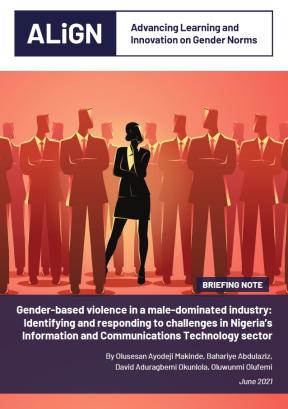
Briefing paper
7 June 2021
